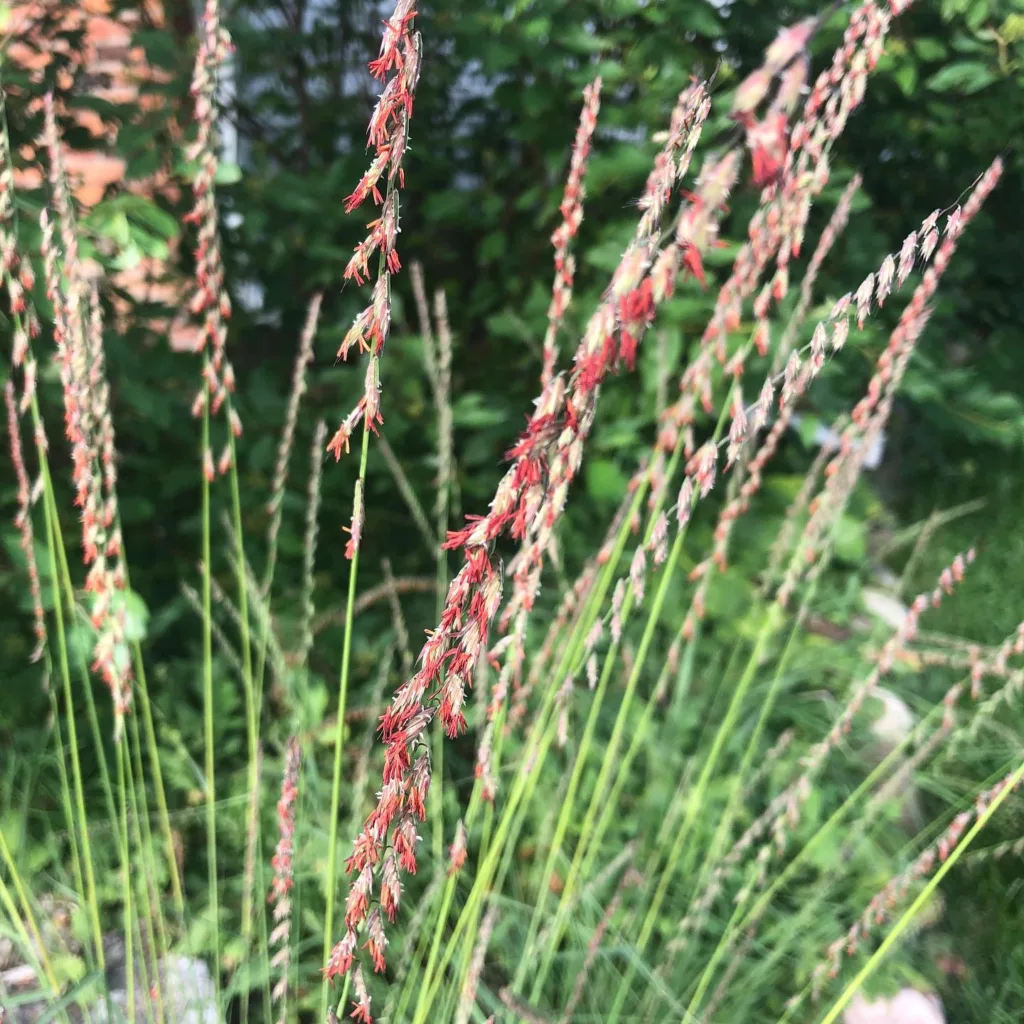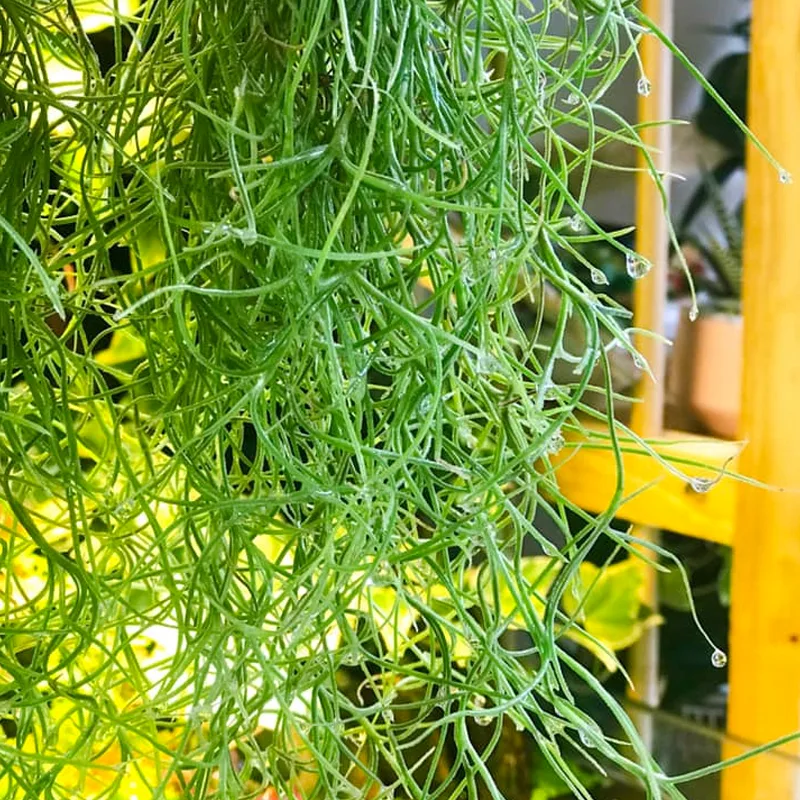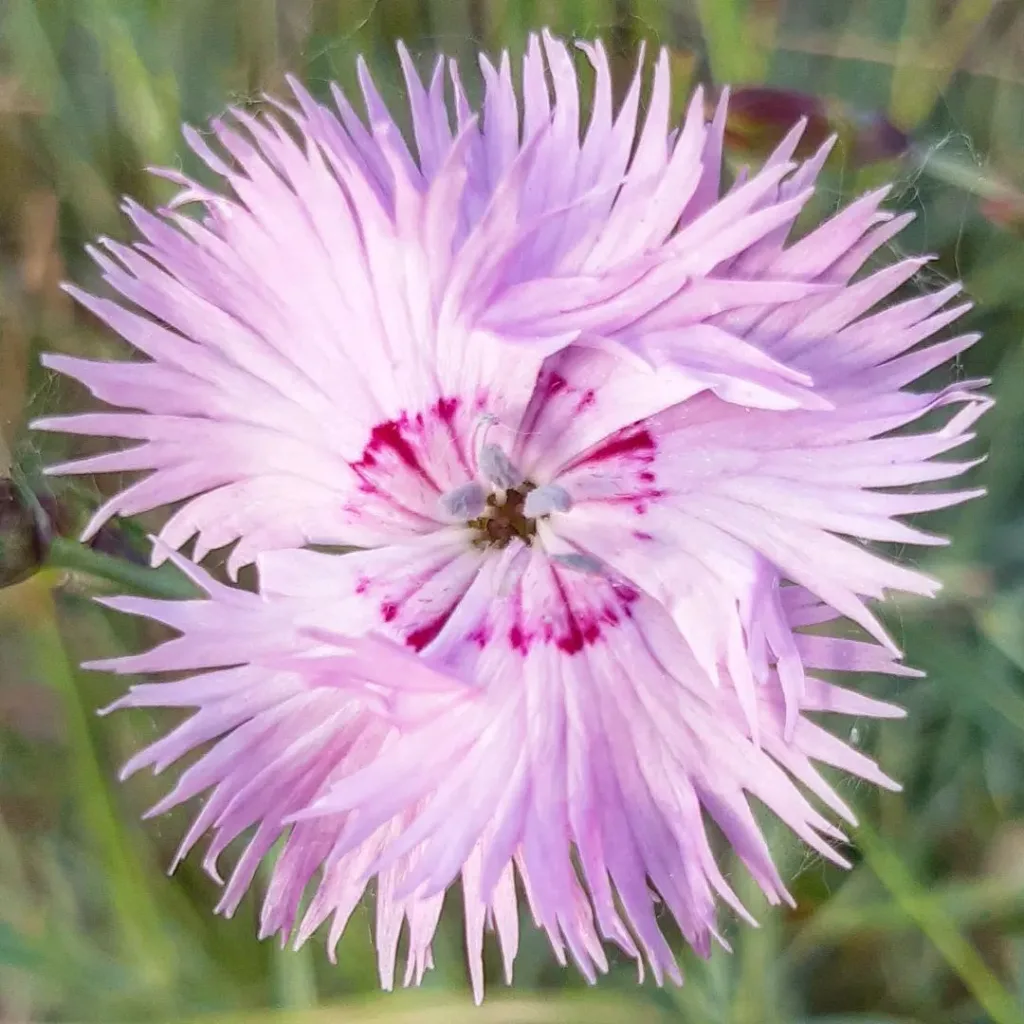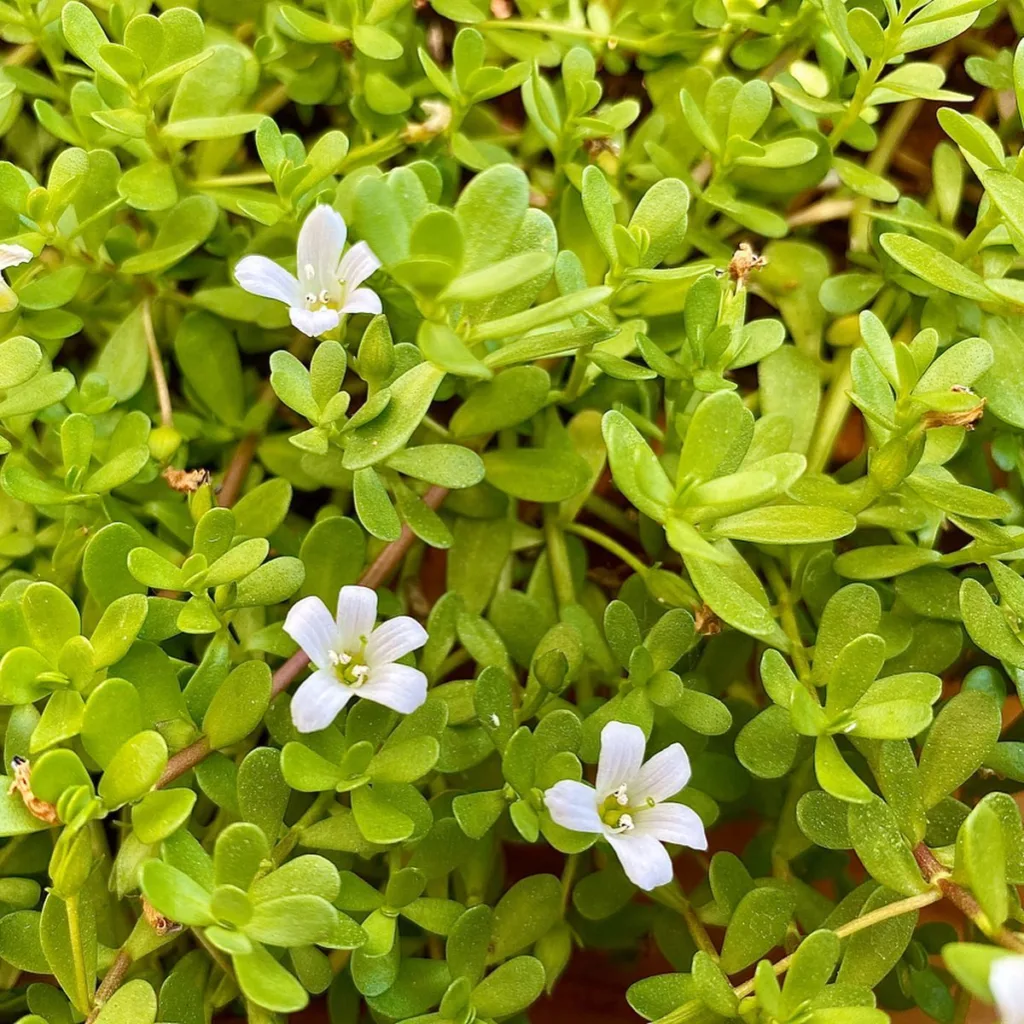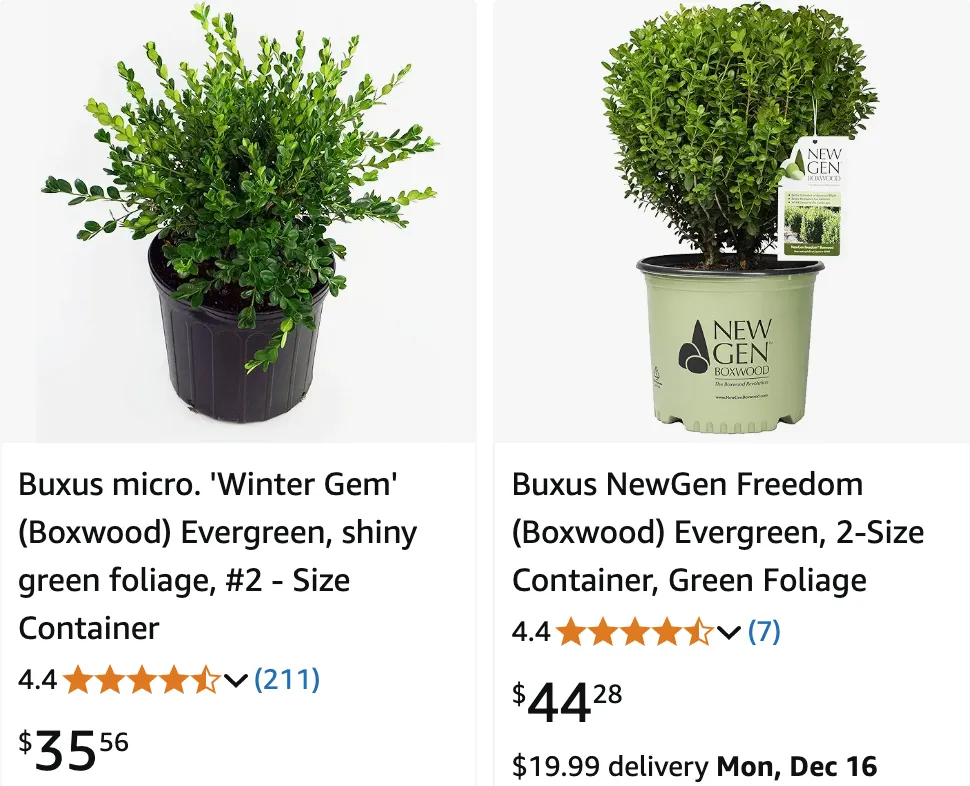
October 14 – Buxus
"Buxus, the boxwood, represents October 14."
Buxus symbolizes structure and resilience. You provide stability and direction to others. Like its evergreen nature, your guidance is steadfast.
The Enduring Allure of Boxwood: A Personal Exploration
My name is Ferb Vu, and I’ve always been drawn to the quiet strength and understated elegance of boxwood. These evergreen shrubs, belonging to the genus Buxus, possess a timeless quality that transcends trends and fads in the gardening world. Their versatility, resilience, and rich history have captivated me for years, and I find myself continually fascinated by their subtle beauty.
A Diverse Family with a Shared Heritage
The Buxus genus belong to the Buxaceae family, comprises around 100 species, each with its own unique characteristics and charm. Some of the most notable members include:
- Buxus acuminata (Griseb.) Müll.Arg.
- Buxus acunae Borhidi & O.Muñiz
- Buxus acutata Friis
- Buxus aneura Urb.
- Buxus arborea Proctor
- Buxus austroyunnanensis Hatus.
- Buxus bahamensis Baker
- Buxus balearica Lam.
- Buxus bartlettii Standl.
- Buxus benguellensis Gilg
- Buxus bissei Eg.Köhler
- Buxus bodinieri H.Lév.
- Buxus braimbridgeorum Eg.Köhler
- Buxus brevipes (Müll.Arg.) Urb.
- Buxus calcarea G.E.Schatz & Lowry
- Buxus capuronii G.E.Schatz & Lowry
- Buxus cephalantha H.Lév. & Vaniot
- Buxus cipolinica Lowry & G.E.Schatz
- Buxus citrifolia (Willd.) Spreng.
- Buxus cochinchinensis Pierre ex Gagnep.
- Buxus cordata (Radcl.-Sm.) Friis
- Buxus crassifolia (Britton) Urb.
- Buxus cristalensis Eg.Köhler & P.A.González
- Buxus cubana (A.Rich.) Baill.
- Buxus ekmanii Urb.
- Buxus excisa Urb.
- Buxus foliosa (Britton) Urb.
- Buxus glomerata (Griseb.) Müll.Arg.
- Buxus gonoclada (C.Wright ex Griseb.) Müll.Arg.
- Buxus hainanensis Merr.
- Buxus harlandii Hance
- Buxus hebecarpa Hatus.
- Buxus henryi Mayr
- Buxus hildebrandtii Baill.
- Buxus humbertii G.E.Schatz & Lowry
- Buxus ichagensis Hatus.
- Buxus imbricata Urb.
- Buxus itremoensis G.E.Schatz & Lowry
- Buxus jaucoensis Eg.Köhler
- Buxus koehleri P.A.González & Borsch
- Buxus laevigata (Sw.) Spreng.
- Buxus lancifolia Brandegee
- Buxus latistyla Gagnep.
- Buxus leivae Eg.Köhler
- Buxus linearifolia M.Cheng
- Buxus lisowskii Bamps & Malaisse
- Buxus liukiuensis (Makino) Makino
- Buxus loheri Merr.
- Buxus macowanii Oliv.
- Buxus macrocarpa Capuron
- Buxus macrophylla (Britton) Fawc. & Rendle
- Buxus madagascarica Baill.
- Buxus malayana Ridl.
- Buxus marginalis (Britton) Urb.
- Buxus megistophylla H.Lév.
- Buxus mexicana Brandegee
- Buxus microphylla Siebold & Zucc. Plant FAQs: Japanese Boxwood – Buxus Microphylla
- Buxus moana Alain
- Buxus moctezumae Eg.Köhler, R.Fernald & Zamudio
- Buxus mollicula W.W.Sm.
- Buxus monticola G.E.Schatz & Lowry
- Buxus moratii G.E.Schatz & Lowry
- Buxus muelleriana Urb.
- Buxus myrica H.Lév.
- Buxus natalensis (Oliv.) Hutch.
- Buxus nipensis Eg.Köhler & P.A.González
- Buxus nyasica Hutch.
- Buxus obtusifolia (Mildbr.) Hutch.
- Buxus olivacea Urb.
- Buxus pachyphylla Merr.
- Buxus papillosa C.K.Schneid.
- Buxus pilosula Urb.
- Buxus portoricensis Alain
- Buxus pseudaneura Eg.Köhler
- Buxus pubescens Greenm.
- Buxus pubifolia Merr.
- Buxus pubiramea Merr. & Chun
- Buxus pulchella Baill.
- Buxus rabenantoandroi G.E.Schatz & Lowry
- Buxus retusa (Griseb.) Müll.Arg.
- Buxus revoluta (Britton) Mathou
- Buxus rheedioides Urb.
- Buxus rivularis Merr.
- Buxus rolfei S.Vidal
- Buxus rotundifolia (Britton) Mathou
- Buxus rugulosa Hatus.
- Buxus rupicola Ridl.
- Buxus sclerophylla Eg.Köhler
- Buxus sempervirens L. Plant FAQs: Buxus Sempervirens – Boxwood
- Buxus serpentinicola Eg.Köhler
- Buxus shaferi (Britton) Urb.
- Buxus sinica (Rehder & E.H.Wilson) M.Cheng Plant FAQs: Buxus Sinica – Chinese Boxwood
- Buxus sirindhorniana W.K.Soh, von Sternb., Hodk. & J.Parn.
- Buxus stenophylla Hance
- Buxus subcolumnaris Müll.Arg.
- Buxus triptera Eg.Köhler
- Buxus vaccinioides (Britton) Urb.
- Buxus vahlii Baill.
- Buxus wallichiana Baill.
- Buxus wrightii Müll.Arg.
- Buxus yunquensis Eg.Köhler
More Than Just a Pretty Face
While boxwood is often admired for its aesthetic appeal, it also boasts a rich history of practical uses. The wood itself is incredibly dense and hard, making it ideal for carving, engraving, and crafting fine instruments. In the past, boxwood was used to create everything from combs and chess pieces to printing blocks and musical instruments. Even today, it remains a favored material for woodwind instruments like clarinets and oboes.
Beyond its utilitarian applications, boxwood has also played a significant role in folklore and tradition. In ancient Greece, boxwood was associated with the goddess Hecate and was believed to offer protection against evil spirits. In some cultures, it symbolizes immortality and resurrection, often planted in cemeteries as a symbol of enduring memory.
A Gardener’s Companion
For me, the true allure of boxwood lies in its versatility as a garden plant. Whether used as a formal hedge, a topiary specimen, or a simple foundation planting, boxwood brings a sense of structure and elegance to any landscape. Its evergreen nature provides year-round interest, while its tolerance of pruning allows for creative expression.
I’ve personally experimented with boxwood in various ways in my own garden. I’ve shaped them into cones and spheres, used them to define pathways, and even incorporated them into container plantings. Their adaptability never ceases to amaze me, and I’m always discovering new ways to showcase their beauty.
Facing the Challenges
Despite their resilience, boxwood can face challenges, particularly from pests and diseases. Boxwood blight, a fungal disease, has become a growing concern in recent years, causing significant damage to plants. It’s crucial for gardeners to be vigilant and take preventative measures to protect their boxwood.
In my own experience, I’ve found that proper care and attention can go a long way in preventing problems. Ensuring good air circulation, avoiding overhead watering, and choosing disease-resistant cultivars are essential steps in maintaining healthy boxwood.
A Timeless Treasure
In a world of fleeting trends, boxwood remains a timeless classic. Its enduring appeal lies in its versatility, resilience, and rich history. Whether you’re a seasoned gardener or a novice enthusiast, boxwood offers something for everyone. For me, it’s a symbol of enduring beauty and a constant source of inspiration in my gardening journey.
If i die, water my plants!
